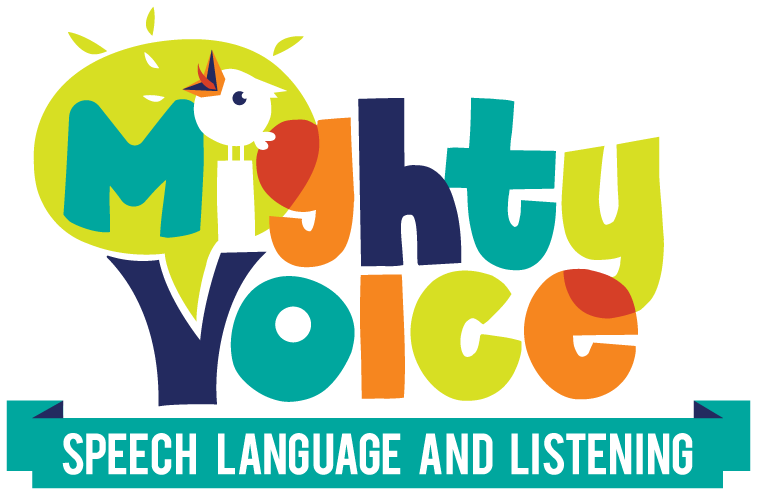Let’s just put this out there–I am a nerdy mom. And one of my very favorite speech and language “things” to nerd out about is phonological processes. I’ll be driving with my kids, and in my head, try to label all of the phonological processes I hear (nerdy, right?).
Phonological processes is basically a big fancy name for how our children learn to use speech sounds in patterns. It’s what makes up “baby talk,” and some of the most adorable (or embarrassing) things our kids say.
When kids are first learning to talk, they might say individual sounds, like “b” or “mmm.” As they continue to develop, they put those sounds together, but not exactly like we do as adults, at least not at first.
Instead, their language is simplified…and those “errors” they use to simplify their errors are called phonological processes. And, they’re a totally normal part of speech sound development, and those processes will usually go away on their own and kids will develop more adult like speech.
Mommy, nuggle me
I won’t get into the details about each specific phonological process in this post, but let me give you some examples. First, cluster reduction. Basically, a cluster is a group of consonants that go together, often “S” with another letter, like “Sn” “St” “Sk” or maybe and R, like “Br” or “Gr”, etc.
In cluster reduction, kids drop out one of those two consonants. Here are some of my favorites from my three year old:
- Mommy, nuggle me (snuggle)
- Mommy, me need a nack (snack)
- Mommy, me paying (playing) wif dat
Another one I see a lot of lately is weak syllable deletion. Basically, in words in English, there is usually one syllable that is stressed. An unstressed syllable can also be called a “weak” syllable, and so weak syllable deletion is just dropping that syllable.
Some of my recent favorites:
- Me need some zert (dessert)
- Cole (Nicole) is my teacher
They’re Cute, For a Little While
I’m letting you in on my nerdery and fascination with phonological processes because I think they’re cute and interesting. But also because, well, they’re cute when kids are little, and less so as they get older.
Most children will stop using these “errors” or processes by the time they’re 3-5. As they drop them and adopt more adult like patterns, they become much easier to understand.

But What If They Don’t Stop?
If kids have trouble dropping these processes, and continue to use them past the age where most kids drop them, they continue to be hard for others to understand, and we might say their intelligibility is affected. Intelligibility is just how much people can understand what they’re saying.
When kids have a hard time being understood, it can be a domino effect because it can make them frustrated and affect their willingness to talk which then affects their language development even further.
The Good News
The good news is, speech language pathologists can help children with phonological processing challenges develop more adult like patterns and become easier to understand, helping develop their confidence, and ability to interact with those around them.
And, because we’re talking about patterns of speech sounds, sometimes phonological treatment feels like magic. Don’t get me wrong, we’re still talking about evidence based, real treatment here, but because you work on patterns, those patterns can affect a child’s ability to be understood quite quickly and sometimes the difference in their speech can be dramatic.

Find Someone Who Nerds Out About Phonology
If you suspect your child might be having problems with phonology, be sure to find someone who understands what phonological processes are. When a child’s very difficult to understand, we have to be thorough in diagnosis because there can be a number of speech and language challenges that result in being hard to understand.
Too often, I’ve seen kids who have severe phonological issues diagnosed as having Childhood Apraxia of Speech (CAS) or being treated for single speech sound errors, because the SLP didn’t recognize the features of this pattern based error system.
Don’t Wait
Like I’ve said many times before, if your child is 3 or 4 years old, and very hard for others (or yourself!) to understand, don’t hesitate to reach out and find an SLP that can help you with a screening or evaluation. If your child needs some help, the sooner you begin, the smaller the gap between where they are and where they need to be is, and the less time it can take to close it.

